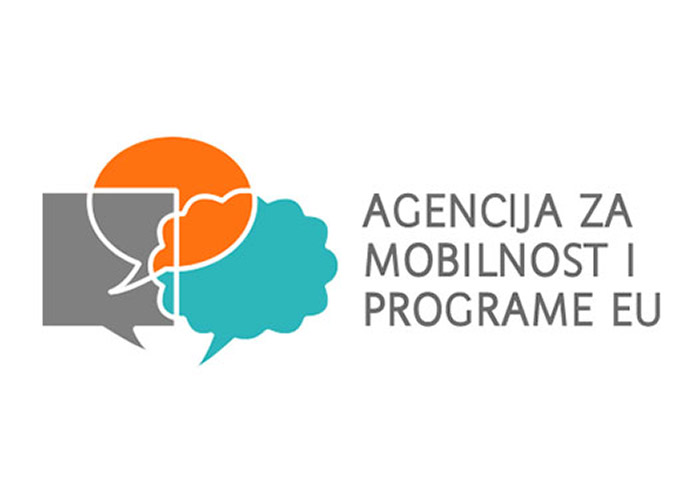Project Summary
The aim of the project Step4VET is modernizing the existing curricula of the members of the national consortium by means of innovative approach of the Finnish educational model in vocational training programmes, and boosting the capacity for institutions – members of the national consortium, on regional, national and European level.
The national consortium is made of Technical School SlavonskiBrod, functioning as project manager, and Technical School Sisak, Technical School Požega, and Technical School Županja as partner schools. The partner schools have also recognized the national consortium as a way to initiate positive changes within vocational education by learning from others’ experiences. All the partner schools work and operate in the same geographical area, and agree that the only way to prosper is to invest in lifelong learning and mutual cooperation. Technical School SlavonskiBrod, Technical School Sisak, and Technical School Požega are already experienced in preparing and implementing EU – financed projects. Another aim of this project is to connect schools regionally, so Technical School Županja, which did not have any previous experience in working on mobility projects, was also included in order to expand the network of cooperation and promote Erasmus + Programme as a key part of the lifelong learning process. The Step4VET project works in favour of all the partners involved by creating the network of cooperation between the members of the mobility programme, developing new contents for them to use, and encouraging lifelong learning – furthermore, it enables exchange of practices and experiences between the partners. During the initial phase of this project, Finnish educational system distinguished itself as a model for us to observe, learn from, and make our own conclusions. Partner institution Omnia was immediately recognized as a highly regarded partner that can achieve the given aims of this project.
For a significant period of time now the vocational schools included in this project have recognized the importance of mutual cooperation and innovative approaches to already existing programmes as a way of introducing necessary changes in vocational education and training. With such a goal, the members of the national consortium are unanimous in their will to create a strategy to develop new and efficient curricula for vocational education as means to make vocational schools paragons of quality both in educational system and the EU’s labour market. In accordance with the new learning and teaching practices, the project closely follows the European Qualifications Framework (EQF) as a tool that sets levels of qualifications, and the National Curriculum Framework (NCF), which provides the basis for system changes on high school education level. The partner schools have similar profiles, and belong to the same geographical region of Slavonia, and can be recognized as having a key part in instigating undeveloped areas of Slavonia to changes in accordance with the Europe 2020 strategy that supports values based on knowledge and lifelong perfecting of skills.
Through the work of the National consortium mutual attitudes of the partner schools will be confirmed – attitudes oriented towards creating high quality work standard. All the institutions involved in the National consortium recognize vocational training of teachers as a vision of future that will bring numerous affirmative changes in vocational education. To ensure the needed skills and knowledge for teachers to realize these aims, and by means of vocational training for the teachers, this project will assure the creation of a new cooperation network between vocational schools in order to create new contents for the programmes.
The aims of the Step4VET project arise from these attitudes:
- To plan the guidelines for modernisation of school curricula
- To modernize adult education curricula, and lifelong learning
- To adopt new knowledge for writing guidelines for European Development Plan by means of internalization and perceiving the European dimension of institutions
- To re-examine the range and parameters of the school curriculum development
- To exchange knowledge and experiences, and to use new skills and competencies
- To evaluate critically professional experience in a foreign working environment
- To develop a feeling of being a citizen of Europe
- To ensure the exchange of innovations in order to enhance school curriculum
- To enhance linguistic competencies
- To boost mutual cooperation, and to strengthen tolerance and diversity
- To self-assess one’s work practices, and create conditions for their enhancement
- To develop more creative and innovative approaches towards the development of school curricula based on the experiences gained during the mobility programme
- To raise the students’ competitiveness on European labour market by modernizing school curricula
The project emphasises the aspect of sustainability, which will be accomplished by implementing new programmes (curricular, co-curricular, and extracurricular) into the work of the member schools, according to their possibilities. The aims of this project, in the institutions of the National Consortium, will be visible through the process of sustainability in school curricula, work reports, and work plans and programmes.
The existing school curricula will be modernized using creative and innovative approaches based on the experiences of the mobility, which will consequently boost students’ competitiveness on European labour market, and internalization of the members of the Consortium.



